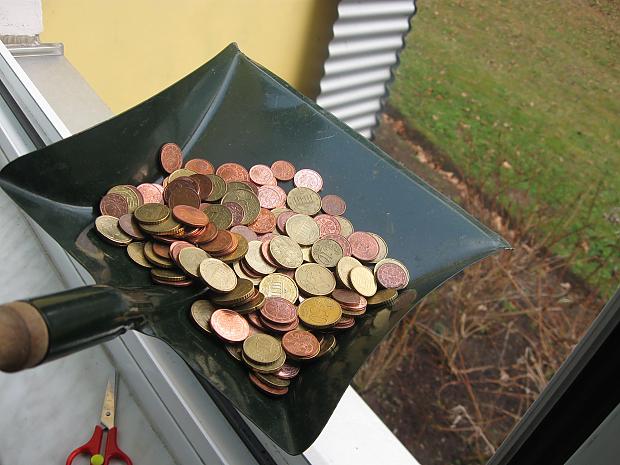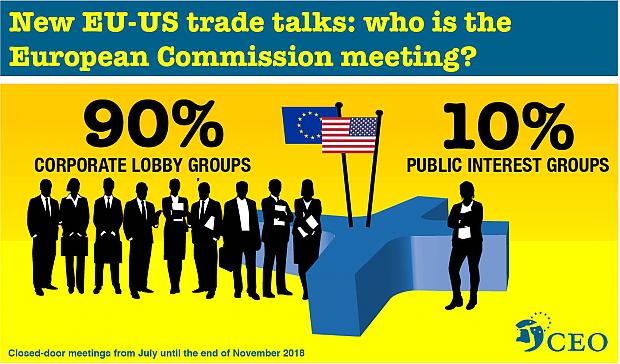Latest news
-
The Socialist Party (SP) joins the European Left Alliance (ELA)
3 February 2026
-
Choosing peace
27 December 2024
-
Europe lecture
24 May 2024
-
Peace Day 2024
17 April 2024
-
Dutch parliament must keep control of arms exports
29 February 2024
-
Stop the war
24 February 2024
-
SP success: The Netherlands must work to appeal to frozen Russian billions
15 February 2024
-
We need a ceasefire now!
14 November 2023
-
SP proposes law for substantial increase in minimum wage
4 November 2023
-
Parliament backs SP: Netherlands must work towards global billionaire tax
27 October 2023
-
Stop the violence and recognize a Palestinian state
23 October 2023
-
Majority of House supports SP motion to lift blockade on Gaza
17 October 2023
-
Two-thirds majority supports binding corrective referendum
10 October 2023
-
Three questions for Jasper van Dijk about Palestine and Israel
9 October 2023
-
SP Success: Wealthy municipalities must also shelter refugees
3 October 2023
-
SP launches Manifesto: United against disparity
23 September 2023
-
SP Conference – Marijnissen calls on the parties to unite and stop the division
23 September 2023
-
Success: No price hikes at the pump and in public transport
21 September 2023
-
Public responds via the Health Care Hotline: we want investments, not budget cuts!
19 September 2023
-
The Cabinet is allowing poverty to increase – unacceptable!
19 September 2023
-
“Prinsjesdag” Protest
17 September 2023
-
Start of parliamentary inquiry into benefits scandal
7 September 2023
-
Now for the people: Draft election programme presented
1 September 2023
-
We must prevent another Hiroshima
7 August 2023
Copyrights: Creative Commons bnd (tenzij anders vermeld)


